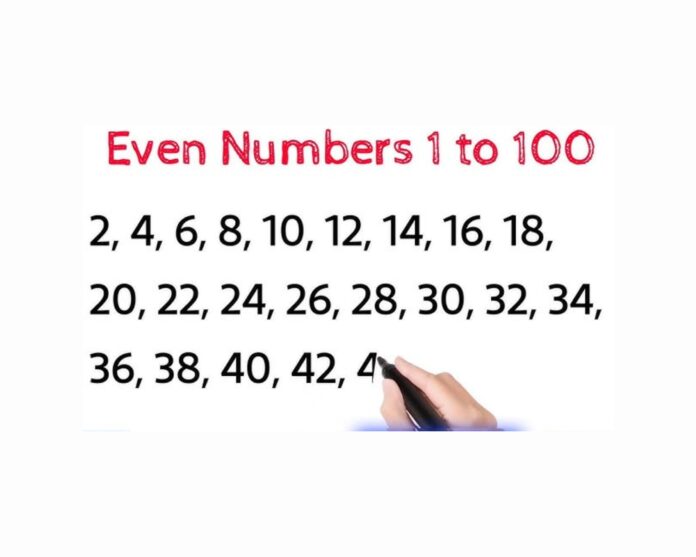Even numbers are integers that can be evenly divided by 2, resulting in no remainder. Below, you will find study notes on even numbers, which encompass their definition, examples, and properties.
An even number is defined as a number that can be evenly divided by 2, resulting in no remainder. The final digit of an even number will always be one of the following: 0, 2, 4, 6, or 8.
Examples include:
- 2, 4, 6, 8, 10, 12, 14, and 16, all of which are classified as even numbers.
- 0 is also considered an even number since it is a multiple of 2.
Properties of even numbers include:
- The sum of two even numbers will always yield another even number.
- The product of two even numbers will also result in an even number.
To identify even numbers, one can:
– Examine the last digit of the number,
– Utilize a number line or chart, or
– Divide the number by 2.
When dividing even and odd numbers:
- Dividing an even number by 2 results in a whole number.
- Dividing an odd number by 2 results in a fraction.
Related concepts include:
- Numbers that cannot be evenly divided by 2 are referred to as odd numbers.
- The set of even numbers is represented by the symbol 2Z.





